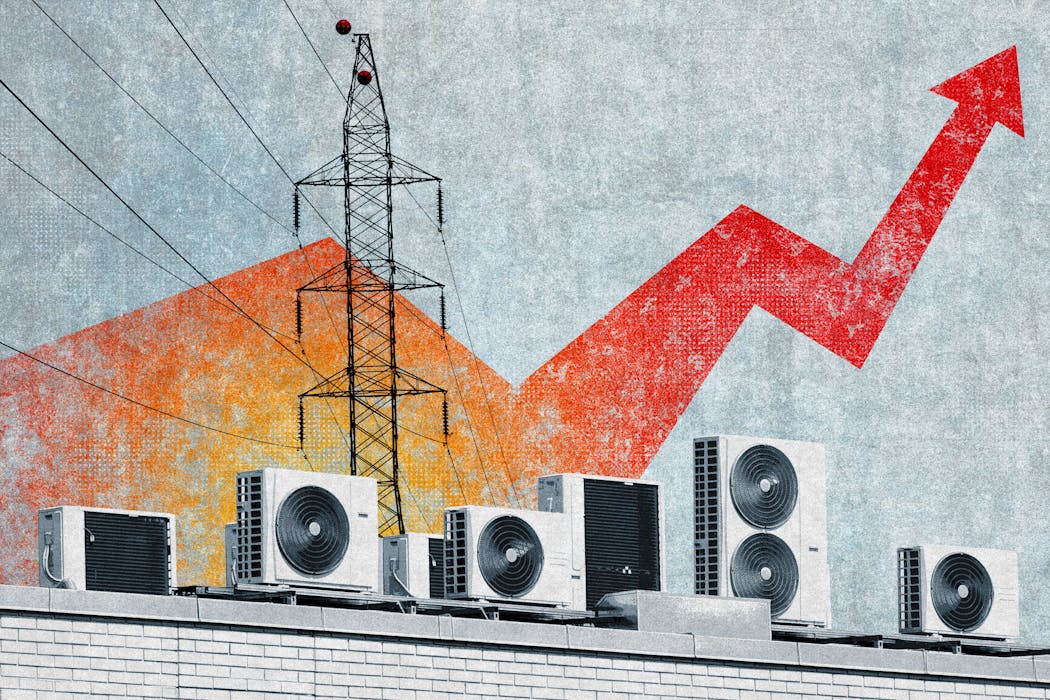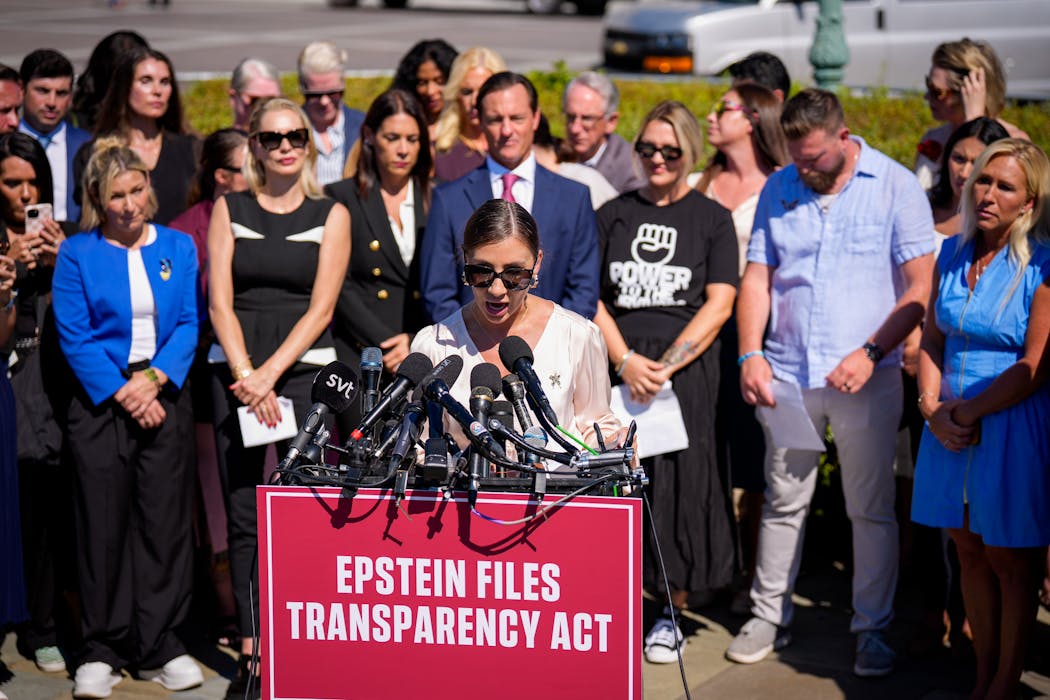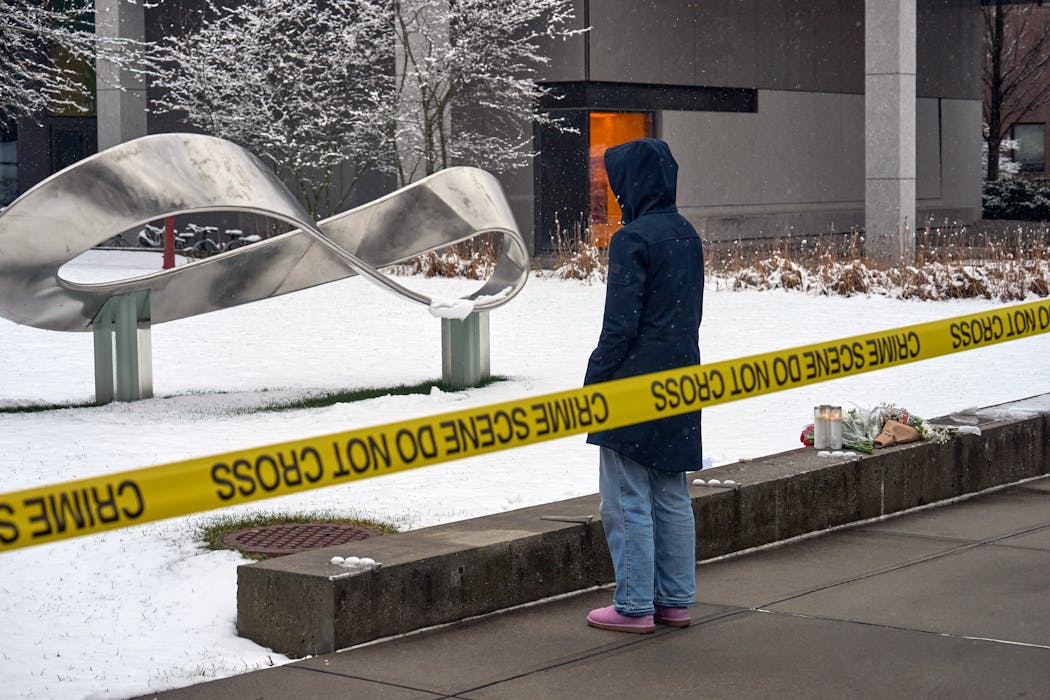Unpaid caregiving work can feel small and personal, but that doesn’t take away its ethical value
- Written by Jen Zamzow, Instructor, University of California, Los Angeles; Concordia University Irvine
 Work and family are both central to many people's sense of identity and how they hope to make a difference. Kobus Louw/E+ via Getty Images
Work and family are both central to many people's sense of identity and how they hope to make a difference. Kobus Louw/E+ via Getty ImagesAs child care costs outpace wages, more families are facing difficult decisions about whether to scale back work in order to care for loved ones. Caregiving remains the top reason women ages 25-54 leave the...







